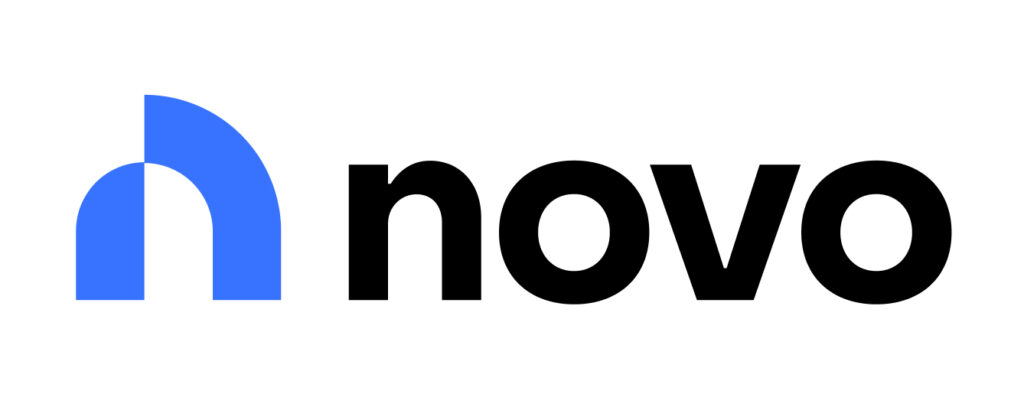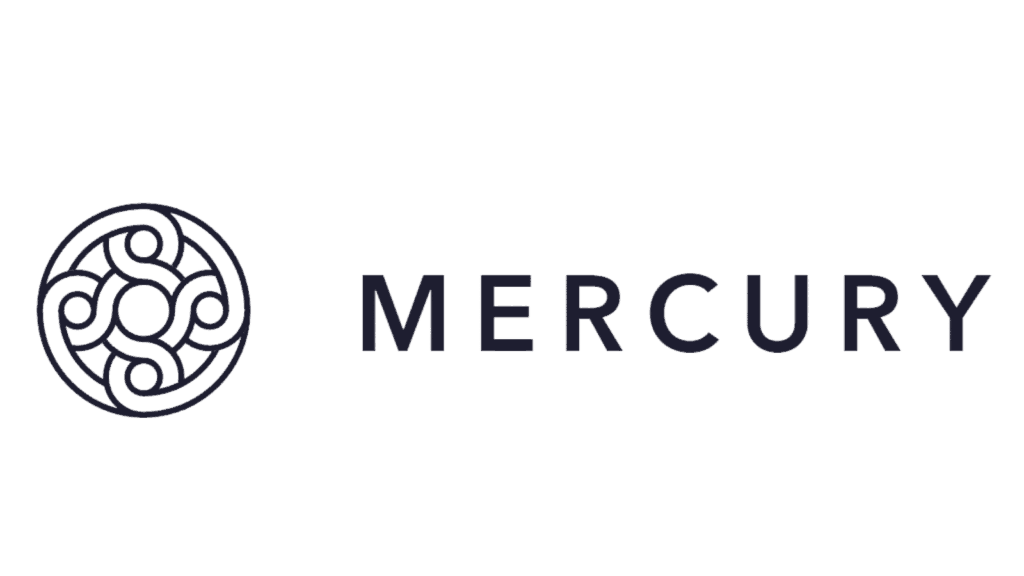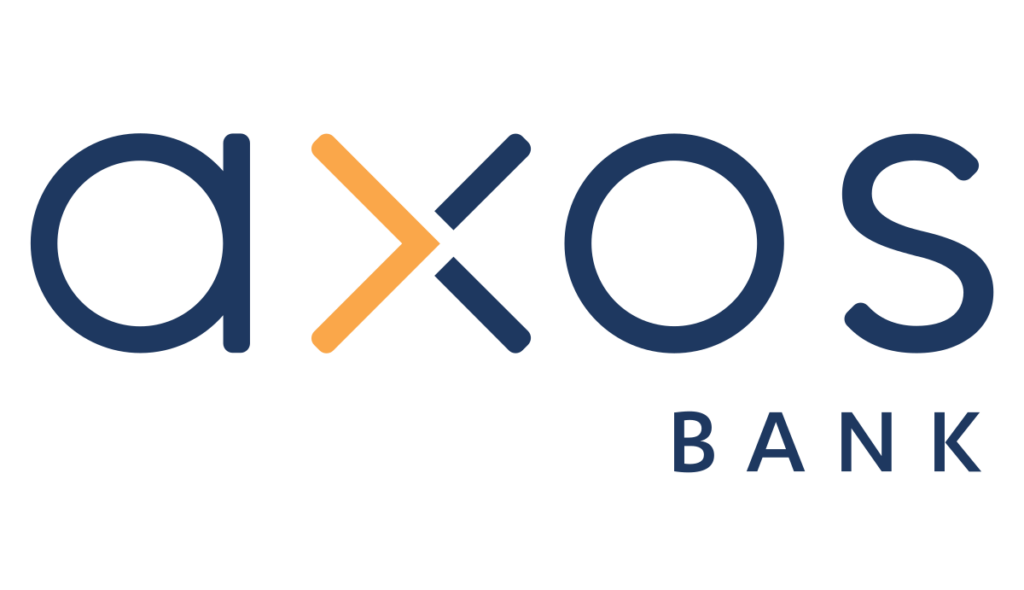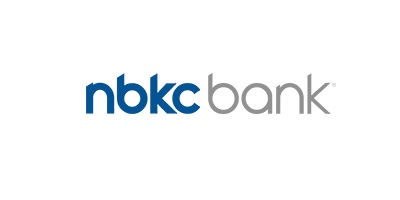Running a small business means wearing many hats, and managing finances shouldn’t add unnecessary complexity or cost. Traditional brick-and-mortar banks have long been the default, but modern online business bank accounts offer compelling alternatives, often with lower fees, seamless digital experiences, and features tailored specifically for entrepreneurs and freelancers.
This guide will explore the landscape of online business banking, highlight key features to look for, detail some popular options, and help you choose the right financial hub for your venture.
What Makes Business Banking ‘Online’?
At its core, online business banking prioritizes digital access and functionality over physical branches. This typically means:
- Strong Mobile Apps: Managing your account, depositing checks remotely (mobile check deposit), and making transfers on the go.
- Web-Based Platform: Comprehensive account management through your browser.
- Integrations: Connections with accounting software (like QuickBooks, Xero), payment processors (like Stripe, Square), and other business tools.
- Remote Support: Customer service primarily via phone, chat, or email, rather than in-person tellers.
Many top “online” options aren’t traditional banks themselves but rather fintech companies that partner with established, FDIC-insured banks to hold deposits and provide banking services. This means your funds typically receive standard FDIC insurance (up to $250,000 per depositor, per insured bank, for each ownership category), even if the app you’re using isn’t a bank itself. Always verify the partner bank and FDIC status.
Key Features Small Businesses Need
When comparing online business accounts, focus on these critical factors:
- Low/No Monthly Fees: Many online providers have eliminated monthly maintenance fees, saving you money compared to traditional accounts that often have fee waiver requirements.
- Transaction Volume: Check the number of free transactions (ACH transfers, incoming wires, check deposits) included per month. Online accounts often offer generous limits or unlimited transactions.
- Accounting Integrations: Seamless connections to QuickBooks, Xero, Wave, etc., can save significant time on bookkeeping.
- Mobile Check Deposit: Essential for depositing checks without visiting a branch. Check the daily/monthly deposit limits.
- APY (Annual Percentage Yield): A nice bonus! Some online business checking accounts offer interest, sometimes quite competitive rates, though often with balance requirements.
- Cash Handling: This can be a challenge for online-only accounts. Consider how you’ll deposit cash if your business handles it frequently.
Exploring Online Business Banking Options
Let’s look at some prominent players in the online business banking space, ranging from fintech platforms to established online banks.
Novo

Novo positions itself as a powerfully simple banking platform designed for modern entrepreneurs, freelancers, and small businesses. It operates as a fintech platform with banking services provided by Middlesex Federal Savings, F.A.
- Target Audience: Freelancers, startups, small business owners.
- Key Strengths: No monthly fees or minimum balance requirements. Refunds all ATM fees worldwide (a significant perk). Strong integrations with tools like Stripe, Shopify, QuickBooks, Xero, and Slack. Offers virtual cards and invoicing features directly within the platform. Known for its user-friendly mobile app.
- Account Types: Business Checking.
- Notable Limitations: Does not offer interest on checking balances. Cash deposits are handled via purchasing money orders. Wire transfers have fees.
Relay Financial

Relay focuses on collaborative banking for businesses with teams, allowing multiple accounts, debit cards with spending controls, and role-based user permissions. It’s a fintech platform with partner banks providing FDIC insurance.
- Target Audience: Businesses with teams, those needing multiple checking accounts for budgeting (like Profit First).
- Key Strengths: No monthly fees or minimum balances. Allows up to 20 checking accounts (great for expense management/budgeting). Issues up to 50 virtual or physical debit cards. Role-based access for team members. Integrates with QuickBooks Online, Xero, Gusto.
- Account Types: Business Checking, Savings (currently low APY).
- Notable Limitations: Does not currently offer high-yield interest on checking. Cash deposits require finding compatible Allpoint+ ATMs.
Bluevine

Bluevine stands out by offering a high annual percentage yield (APY) on its business checking account, making it attractive for businesses that maintain significant balances. It’s a fintech with FDIC insurance provided through Coastal Community Bank.
- Target Audience: Small businesses looking to earn interest on their checking balance.
- Key Strengths: High APY on checking balances up to a certain limit (currently requires meeting monthly activity criteria like spending via debit card or receiving payments). No monthly fees or minimum balance requirement to earn interest (if activity requirements met). Offers sub-accounts for budgeting. Also provides access to a line of credit (separate application).
- Account Types: Business Checking.
- Notable Limitations: The high APY has qualification requirements. Cash deposits incur a fee via Green Dot locations. Customer service is primarily online/phone.
Mercury

Mercury specifically targets tech startups and internet-based businesses, offering features tailored to their needs, like API access and venture debt options. Banking services are provided by partner banks (Choice Financial Group, Evolve Bank & Trust).
- Target Audience: Tech startups, e-commerce businesses, venture-backed companies.
- Key Strengths: No monthly fees, minimum balances, or transaction fees (including wires). Clean user interface. API access for automating finances. Offers venture debt, treasury management (high-yield savings), and credit cards designed for startups. Strong integration capabilities.
- Account Types: Business Checking, Treasury (Savings).
- Notable Limitations: Not designed for cash-heavy businesses (no easy cash deposit). Focus is heavily on the tech startup ecosystem.
Axos Bank

Axos is a well-established, full-service online bank offering various business banking products, including interest-bearing checking options.
- Target Audience: General small to medium-sized businesses looking for a full suite of online banking services.
- Key Strengths: Offers interest-bearing business checking accounts (APY and requirements vary by account type). No monthly maintenance fees on basic accounts. Unlimited domestic ATM fee reimbursements. Provides a range of services including savings, CDs, and lending. As a bank, it directly provides FDIC insurance.
- Account Types: Basic Business Checking, Business Interest Checking, Analyzed Business Checking, Business Savings, CDs.
- Notable Limitations: Interest rates on checking might not be as high as some fintech competitors unless specific balance tiers are met. User interface sometimes considered less modern than newer fintechs.
NBKC Bank

NBKC (National Bank of Kansas City) offers a popular online business checking account known for its low fees and solid features through its digital platform.
- Target Audience: Small businesses, freelancers seeking a straightforward, low-fee account from an established bank.
- Key Strengths: No monthly maintenance fees, no minimum balance requirements, no fees for common transactions (ACH, domestic wires, stop payments). Access to a large MoneyPass ATM network for fee-free withdrawals. Offers business credit cards and savings options. Direct FDIC insurance.
- Account Types: Business Checking, Business Money Market.
- Notable Limitations: Limited physical branches (primarily online focus). Cash deposits can be made via the MoneyPass network but might be less convenient than branches. APY on checking is typically not offered or very low.
Traditional Banks (e.g., Chase, Bank of America)
While not strictly “online-only,” major traditional banks like Chase (Business Complete Banking) and Bank of America (Business Advantage Fundamentals) have significantly improved their online and mobile platforms.
- Target Audience: Businesses that value branch access for deposits, support, or other services, alongside digital tools.
- Key Strengths: Extensive branch and ATM networks (crucial for cash-heavy businesses). Wide range of products (loans, credit cards, merchant services). Robust online/mobile platforms with features like mobile check deposit and integrations. Brand recognition and established history.
- Account Types: Various checking, savings, credit cards, lending, merchant services.
- Notable Limitations: Often have monthly maintenance fees unless minimum balance or activity requirements are met. May have lower transaction limits before fees kick in compared to online-only options. APY on checking is typically very low or non-existent on basic accounts.
Related Information: Practical Considerations
Handling Cash with an Online Account
This is often the biggest hurdle for businesses using online-only banks or fintechs. If you handle physical cash regularly:
- Check ATM Network: Some online providers partner with ATM networks (like Allpoint or MoneyPass) that allow fee-free cash deposits at specific retail locations or ATMs. Check availability and limits.
- Money Orders: Purchase a money order with your cash and deposit it using mobile check deposit (as suggested by Novo).
- Third-Party Services: Services like Green Dot allow cash deposits at retail locations for a fee, linking to some online accounts.
- Maintain a Local Account: Some businesses keep a basic account at a local bank or credit union primarily for handling cash deposits and then transfer funds electronically to their main online business account.
Integrations: Connecting Your Bank to Your Business Tools
One major advantage of modern online business accounts is their ability to connect seamlessly with other software you use. Linking your bank account to accounting software like QuickBooks Online, Xero, or Wave automates transaction importing, drastically reducing manual data entry and making bookkeeping much faster and more accurate. Connections to payment processors (Stripe, PayPal, Square) or payroll services (Gusto) further streamline financial workflows. Look for providers that integrate well with the tools critical to your business operations.
Online Business Accounts: Feature Snapshot
| Provider | Best For | Monthly Fee | APY on Checking? | Free Transactions* | Key Digital Feature |
| Novo | Freelancers, Simple Small Biz, ATM Fee Refunds | $0 | No | Unlimited | Strong Integrations, Invoicing |
| Relay | Businesses with Teams, Budgeting (Multi-Acct) | $0 | No (Low on Savings) | Unlimited | Multiple Accounts, User Permissions |
| Bluevine | Earning Interest on Checking Balance | $0 | Yes (High, w/ reqs) | Unlimited | High APY Checking, Line of Credit Access |
| Mercury | Tech Startups, E-commerce | $0 | No (Yes on Treasury) | Unlimited (incl wires) | API Access, Venture Debt Options |
| Axos Bank | Full-Service Online Banking Needs | $0 (Basic Acct) | Yes (Varies by Acct) | Varies by Acct | Interest Checking Options, ATM Refunds |
| NBKC Bank | Low Fees from Established Online Bank | $0 | No | Unlimited (incl wires) | Fee-Free Transactions, MoneyPass Access |
| Chase / BoA | Branch Access Needs, Integrated Services | Varies (Waivable) | Generally No (Basic Acct) | Tiered Limits | Extensive Branch Network, Robust App |
*Free Transactions typically refers to standard electronic transactions like ACH. Wire transfers, cash deposits, etc., may have separate limits or fees. Check specific account details.
Important Note: This table summarizes information based on publicly available data as of early 2025 and is subject to change. APYs, fees, transaction limits, and features can evolve. This is not an exhaustive analysis or endorsement. Always conduct your own thorough due diligence and verify all details directly with the provider before opening an account.
Key Takeaways
- Online business bank accounts offer modern features, digital convenience, and often lower fees than traditional options.
- Fintech providers (Novo, Relay, Bluevine, Mercury) excel with specific features like high APY, team access, or startup focus, typically partnering with FDIC-insured banks.
- Online banks (Axos, NBKC) provide a broader range of services with direct FDIC insurance and often low fees.
- Traditional banks (Chase, BoA) offer strong digital tools plus essential branch access for cash-heavy businesses, but usually have fees with waiver requirements.
- Carefully consider transaction volume, cash deposit needs, required integrations, and interest potential when choosing.
Conclusion: Finding Your Business’s Financial Hub
Choosing the right business bank account is foundational to managing your company’s finances effectively. Online options provide powerful, flexible, and often highly cost-effective solutions tailored to the needs of modern small businesses and freelancers. By evaluating providers based on your specific operational needs – how you handle transactions, whether you need cash services, which software integrations save you time, and whether earning interest is a priority – you can find an account that acts as a true financial partner. Take the time to compare fee schedules, understand transaction limits, verify FDIC insurance, and choose the platform that best supports your business’s growth and efficiency.
Glossary
- APY (Annual Percentage Yield): The effective annual rate of return taking into account the effect of compounding interest.
- ACH (Automated Clearing House): An electronic network for financial transactions in the U.S., commonly used for direct deposit and electronic payments. Usually cheaper than wire transfers.
- Wire Transfer: An electronic transfer of funds directly from one bank account to another. Typically faster than ACH but often involves fees.
- FDIC Insurance: Federal Deposit Insurance Corporation protection that insures deposits up to $250,000 per depositor, per insured bank, for each account ownership category. Crucial for protecting your business funds.
- Fintech (Financial Technology): Companies using technology to provide financial services in new ways. Often partner with traditional banks for deposit insurance.
- Neobank: A type of direct bank that operates exclusively online without traditional physical branch networks. Often used interchangeably with fintech banking platforms.
- Mobile Check Deposit: Feature allowing users to deposit checks into their bank account using their smartphone’s camera via the bank’s mobile app.
Disclaimer: This article is for informational and educational purposes only and does not constitute financial or business advice. Banking products, services, fees, APYs, and features are subject to change. Carefully review account agreements, fee schedules, and FDIC insurance details before opening any account. Consult with qualified financial and accounting professionals to determine the best banking solutions for your specific business needs.